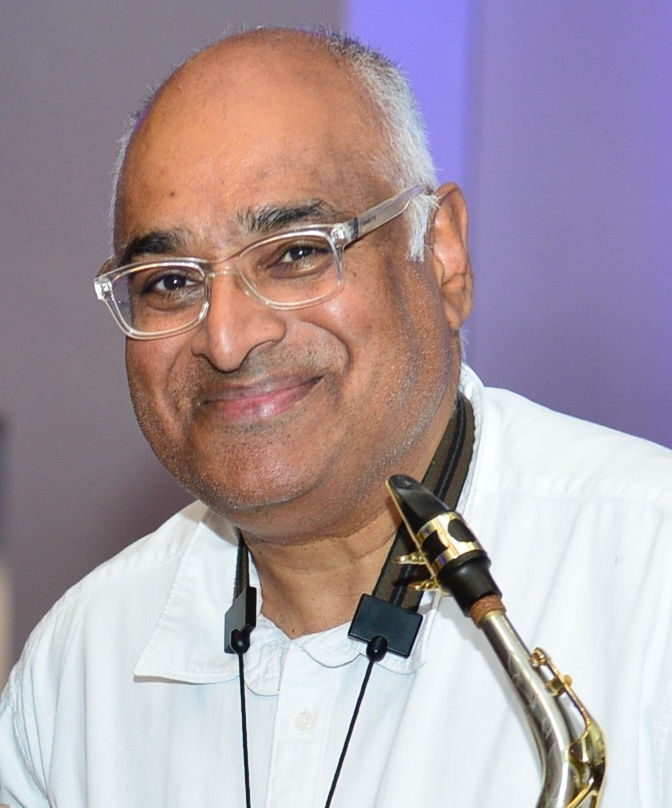Prof discusses the future of academia in a world transformed by AI
- Gerrit Bester
- Jul 30
- 2 min read
by Gerrit Bester
In an era where Artificial Intelligence (AI) is rapidly redefining knowledge and innovation, the role of the university is undergoing a profound transformation. This evolving landscape was the focus of the recent A Re Bueng (Let’s Talk) seminar series, hosted by the Faculty of Arts and Design on 28 July, where Prof Chats Devroop, Research Professor at the Faculty, delivered a talk titled The University in the Age of AI: Relevancy, Ontology and the Shifting Landscape of Knowledge Production.
He addressed these developments as AI becomes a central topic in academic circles worldwide, posing unique challenges to knowledge creation and university relevance.
Speaking about this ‘AI disruption,’ Prof Devroop emphasised that AI is not merely another technology. He highlighted that AI possesses agency, disrupts core functions and challenges traditional processes of knowledge production.
“Unlike previous technologies, AI can make decisions, generate content and create in ways that feel human,” he explained.
“This challenges the conventional human-centered model of learning. AI is impacting all three main roles of universities: teaching, research and service. It’s not just performing these functions faster but doing so in fundamentally different ways. AI is forcing us to reconsider what it means to ‘know’ or ‘create,’ as it can solve complex problems without human-like understanding.”
Prof Devroop underscored that universities need to focus on skills AI cannot easily replicate, such as critical thinking, creativity and ethical reasoning.
He also pointed out resistance to AI in this sector stems partly from its non-academic origins and that universities have historically been resistant to rapid technological shifts.
Referencing a Massachusetts Institute of Technology (MIT) study, he noted that frequent users of ChatGPT exhibited decreased originality, difficulty recalling their own writings and increased mental passivity, even on tasks not involving AI.
Therefore, he stressed that AI should be a supportive tool, not a replacement for human thinking. “Universities must cultivate skills that AI cannot easily imitate and adopt a proactive approach through scenario planning to avoid obsolescence.”
Key questions he posed include: Is the university still relevant? Can institutions compete with AI in knowledge production? And what is the role of human expertise in an AI-driven world?
Regarding AI-generated creativity, Prof Devroop noted that AI can create music, art and literature that challenge traditional notions of creativity. “Its ability to identify patterns in data beyond human comprehension could lead to groundbreaking discoveries.”
On the future of universities, he proposed scenario planning to prepare for rapid technological changes. He emphasised the importance of rethinking assessment methods, focusing on uniquely human skills and integrating AI into curricula to better prepare students.
In conclusion, Prof Devroop urged universities to see the AI revolution as an opportunity for reinvention rather than a threat. He encouraged institutions to cultivate complementary skills and lead discussions on the ethical and societal implications of AI.
“By reimagining themselves in the age of AI,” he said, “universities can not only survive but thrive, shaping the future of education, research and society. The challenges are significant, but so are the opportunities for those willing to adapt and innovate. Banning AI is like holding back the tide with a broom.”




